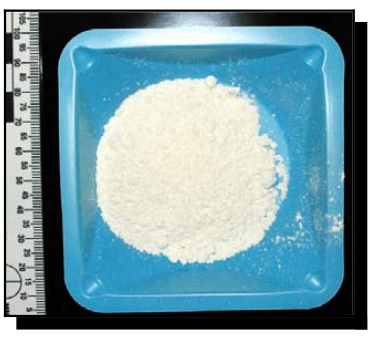
When drawing up legislation or regulations covering recreational drugs, it’s important to get advice from scientists.
Until this week, I’d have considered that a statement of fact. It turns out it’s merely an opinion, and one not shared by the British government.
A proposed new law in the country would remove an existing requirement for scientists to be part of the Advisory Council for the Misuse of Drugs (ACDM). That’s the committee that advises the Home Secretary (the government politician responsible for law and order issues) about which drugs should be banned and what the legal punishments should be.
The idea of the ACMD is to make sure the Home Secretary is given evidence about the medical effects of drugs, rather than merely making decisions on moral grounds or in response to public opinion. As it stands, the 20-strong committee is legally required to have four medical experts, including one with particular expertise in pharmacy.
As well as removing this requirement, the new proposals would also mean the Home Secretary would be allowed to ban a drug for up to one year without the need to either consult the ACMD or to gain the approval of Parliament.
The government claims the change is simply designed to allow more flexibility in appointing the committee. Critics argue it simply builds on the dismissal (under the previous government) of Professor David Nutt, who was fired from the committee last year after arguing that the current rankings of drugs in terms of seriousness under the law does not reflect the medical risk they pose to users. That led to several other members of the committee resigning in protest.
Nutt had previously attracted political and media criticism and been forced to apologize after highlighting evidence showing that somebody using MDMA (ecstasy) was considerably less likely to suffer medical harm than somebody riding a horse.
Tension between politicians and scientists continued criminalization of mephedrone (“miaow miaow”), which led to two further resignations from the ACMD by members who believed that the ban had not taken enough account of scientific evidence. One of those who resigned, Dr Polly Taylor, wrote to the then-Home Secretary saying “I feel that there is little more we can do to describe the importance of ensuring that advice is not subjected to a desire to please ministers or the mood of the day’s press.”
